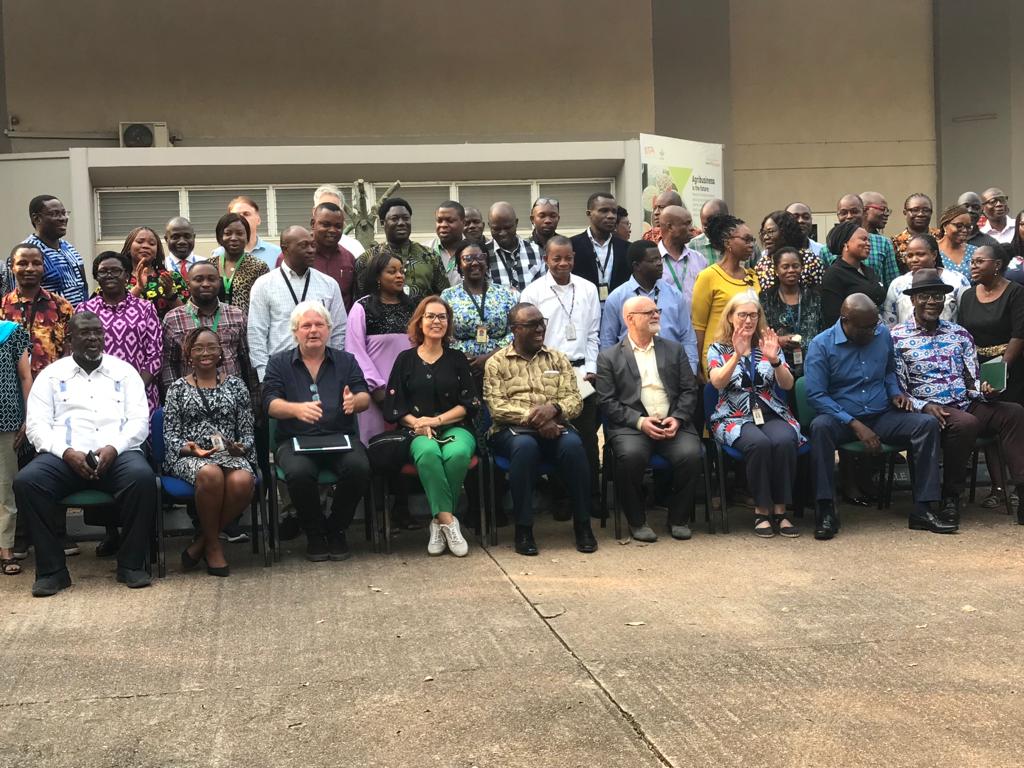By Kazeem Awojoodu, Ibadan
Some agricultural experts and researchers from across the world converged on Ibadan, the Capital City of Oyo state for a workshop organized by the International Institute Of Tropical Agriculture (IITA) Ibadan on food security.
The experts and researchers from different research groups including the International Institute of Tropical Agriculture (IITA), International Livestock Research Institute (ILRI), WorldFish, AfricaRice and CGIAR, the largest publicly funded international agriculture research, among others, were unanimous in the suggestion that agricultural transformation is important to ensuring food, nutrition and environmental security in Africa.
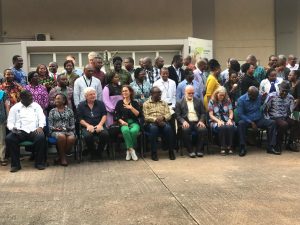
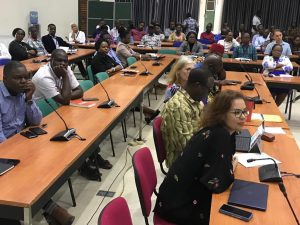
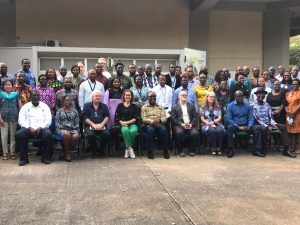
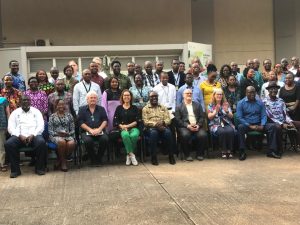
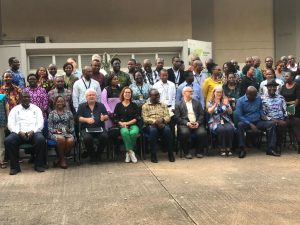
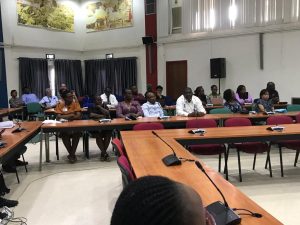
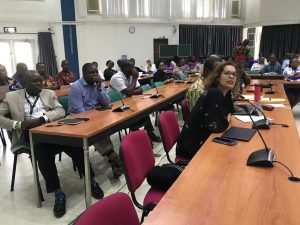
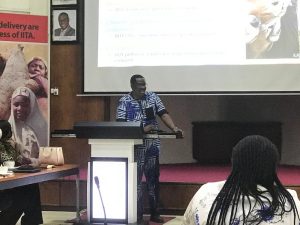
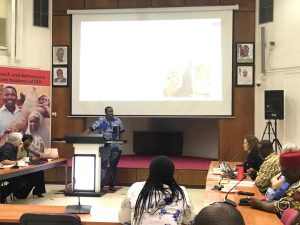
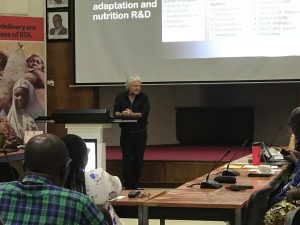
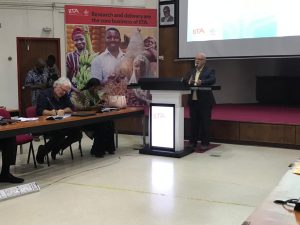
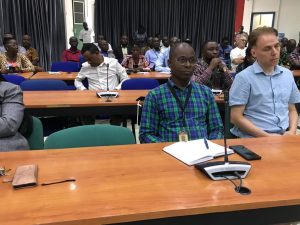
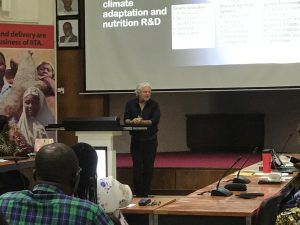
Speaking with journalits shortly after the workshop held at the Conference Hall of IITA, in Ibadan, the Executive Managing Director (EMD) of CGIAR, Dr Ismahane Elouafi, who is on a tour of CGIAR centers all over the world harped on the importance of food security and ‘sustainability’.
She noted that Africa does not produce enough for its population but relies on importation despite its fertile land and large young population, asserting that the sector needs to be developed in order to make agriculture a sector to have economic empowerment, generation of wealth, and generation of employment for the youth population.
Dr Ismahane Elouafi in her words said, “So we have the youngest population. This youngest population is educated, needs employment, and needs new opportunities. Enhance the agri-food system or the agriculture sector at large, including agriculture, forestry, animal source, fisheries, all of those that are in the agriculture definition in the United Nations.”
Dr Elouafi advocated more collaboration between different CGIAR centers in terms of integration and supporting national systems in the least income, low- and middle-income countries so as to transform their agri-food system towards more efficiency, more inclusiveness, resilience and sustainability for better impact in terms of zero hunger, no poverty, or reducing poverty and inequality.
She said, “CGIAR is the largest publicly funded international agriculture research that is for non-profit. It has about 15 centers across the globe, with about 9,000 employees and about a budget of 900m per year.”
“IITA is the center based in Nigeria covering all of Africa and working for transformation of agric food system towards food security, nutrition security and environmental security, all the 3 aspects of security. So, its very important for us, particularly in the continent, to talk about food security, nutrition security and resilient at sustainability because unfortunately the continent is still very much relying on import for food and does not produce enough for its own population, whereas the potential is there.”
“The potential is huge in Africa, not only because of its fertile land and not resource management but also for its own population, so we have the youngest population. This youngest population is educated, needs employment, needs new opportunities, enhance the agri-food system, or the agriculture sector at large, including agriculture, forestry, animal source, fisheries, all of those that are in the agriculture definition in the United Nations.”
“Agriculture is a sector that needs to be developed, not only to make sure that the continent is food secure and nutrition secure but also to make agriculture as a sector to have economic empowerment, to have generation of wealth, generation of employment for the youth population.”
“This is a sector that is very dynamic, that could be developed more but for Africa, particularly, we need to develop it based on science and technologies and innovation, and that’s where a center like IITA and other CGIAR centers are very important because these centers have a wealth of information, wealth of experience.”
“In conducting research in the agro-ecological zones in the environment in Africa and have really lots of technologies and innovation that could be scaled up to really create that food-secured continent, nutrition-secured continent and also resilience and sustainability as climate change will continue to be variable and even more and continue to change and we need to adapt but at the same time as we are adapting, we need to protect the environment so that we’ll produce enough food with less in it.” EMD said.
While speaking on the takehome from the workshop, the EMD said, “The solution is clear, we need to produce more in Africa and we need to produce intensive agriculture in Africa. So we need to increase much more to bridge the yield gap. So be it on animal, be it on fisheries, be it on crops, the data shows right now that in most of the African farming system we are producing about 10% of the potential, 10% of what is produced in North America or Europe or Asia sometimes.
In his remarks, the Director General of IITA, who also doubles as the Regional Director for CGIAR in Africa, Dr. Simeon Ehui appealed to African countries to do their best to contribute to food security and combat food insecurity and hunger in their respective countries, saying the problems of food insecurity and malnutrition continue to increase significantly in Africa.
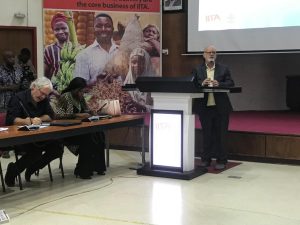
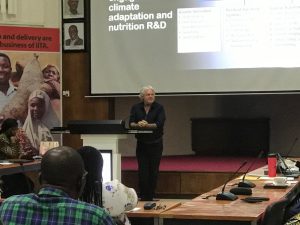

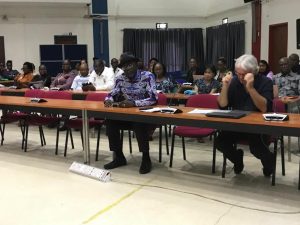
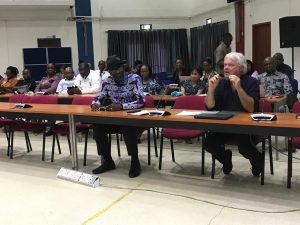
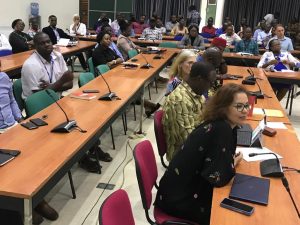
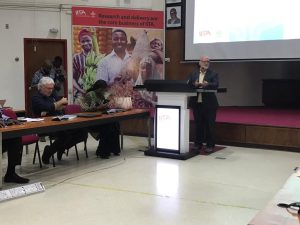
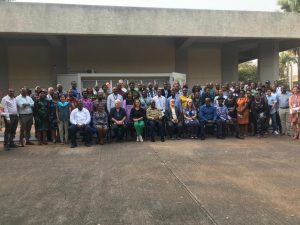
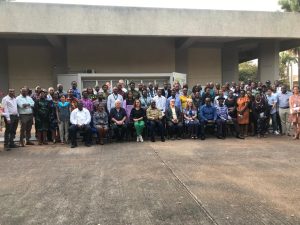
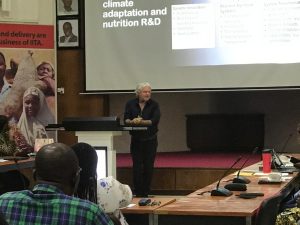
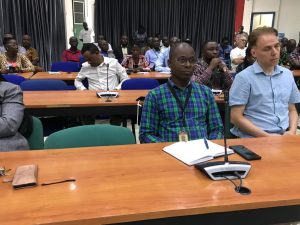
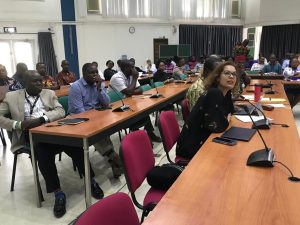
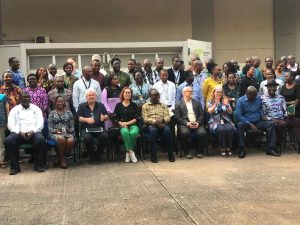
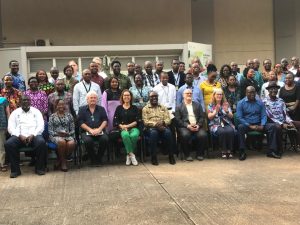
He noted that “With population growth rate, we have no less than 300 million people going hungry every day in Africa. When you look at the map of the world, there are 24 hunger hotspots, 16 of them are in Africa, and we need to be able to do something about it.”
Ehui called for continued demonstration of impact towards ensuring food security and eradicating poverty among the people in Africa so that donors, foundations, the bilateral, and countries that are providing resources would continue to be supportive of providing resources because they see impact on the ground.

